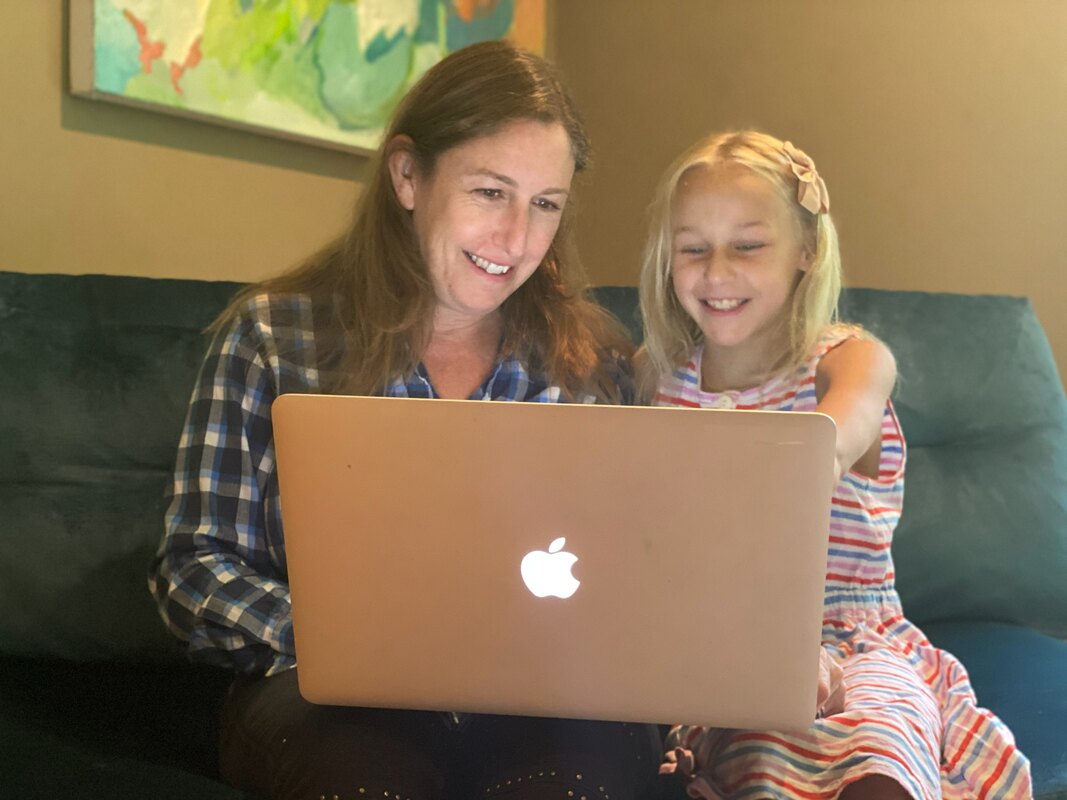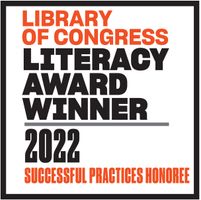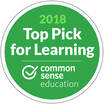See the full study, “Student Engagement with Evidence-Based Supports for Literacy on a Digital Platform,” by Medha Tare and Alison Shell from Digital Promise and their research partner Scott Jackson published in the Journal of Research on Technology in Education.
2 Comments
Parents and guardians around the country are worried about the effect this period of interrupted learning will have on their children as learners and readers. Whether your child is doing hybrid, remote, or in-person schooling, there’s a lot you can do to maximize their reading growth at home. As a nonprofit with over a decade of experience helping simplify reading instruction for teachers, we at ReadWorks want to offer our recommendations for how family members with no educational training can make the most of their limited time. By focusing on the right activities, you can ensure that your time and effort are not wasted and is instead enriching and impactful. Don’t focus on teaching children how to read. Teaching kids the earliest skills of how to read, such as decoding (the process of turning letters on the page into sounds), “is rocket science,” to quote researcher Louisa Moats. Effective decoding instruction takes months of structured time by a trained professional. Even if your child isn’t decoding on their own yet, there are so many things you can do that will be more effective to support their reading growth. Instead, build background knowledge. The most important concept for non-educators to understand about teaching reading is the foundational role of background knowledge and vocabulary to reading comprehension. It can’t be overstated how critical it is for readers to have broad knowledge about the world and the words used to describe it to help them understand the texts they’ll read throughout their school careers. The best thing you can do is expose children to rich and interesting information on a broad range of topics through reading and listening to high-quality texts. Use read alouds and audiobooks. Many parents stop reading to their children once they reach school age. But reading aloud to young people is a great practice right through high school. For pre-readers, reading aloud helps them start building stores of knowledge and vocabulary that they’ll need for comprehension once reading begins. For all readers, read alouds provide access to information that’s above their reading levels. We know that working parents and guardians can’t spend all day reading to their children, but don’t worry—audio versions of texts can still do the trick for that key knowledge and vocabulary building. Give your kids time to read about their interests. An eternal question for educators, parents, and guardians alike is how to motivate young readers. Making reading relevant to their lives—giving them a chance to learn about interests and answer questions they have by reading—is a great motivator to read. Research has also shown that kids can read at higher levels on topics they know a lot about or are interested in. So take advantage of your child’s interests and help them find the texts and time to read about them. Build community around reading and make it social. Kids are also motivated by sharing the interesting things they learn from reading. So one of the best things parents and guardians can do is talk to your children about what they’re reading (and share what you are reading and learning too!). You can also put structures in place that make sharing with siblings and friends possible—think book clubs (online or with neighbors) or conversation prompts at mealtime. Skip reading comprehension skills and strategies. Becoming a “strategic reader” is important to reading performance overall. But currently, many schools spend more time teaching reading strategies than necessary. So if you’re thinking of spending time with your child explaining what a main idea is, skip it. Your child will benefit more from you bringing the focus back to building knowledge from reading by talking with them about what they are learning, what questions they have, and what they might read to keep learning. Don’t worry about reading levels. Reading increasingly challenging texts is a critical part of helping students grow as readers. However, reading levels are far from an exact science and not necessary to use at home. Instead, when finding texts for your child, start with general grade guidelines, then focus on the topic. Your child won’t suffer from reading something too easy as long it’s interesting, remember, they are always learning! If your child gets frustrated, that’s a good indication that reading materials are too easy or too hard. You can then find slightly lower or higher grade texts for them to try. One glimmer of hope for today’s students is parents’ and guardians’ increased interest in their reading growth. Supporting great reading at home doesn’t look the way it does in schools. Instead, families can focus on building a culture of reading-to-learn. ReadWorks offers free reading content, tools, and advice to do just that. Sign up for your free account today. Due to remote and hybrid learning, demand for ReadWorks’ free materials is higher than ever. We rely on help from people like you to meet this need. If you are able, please give today. Every dollar counts. |
Categories
All
Archives
July 2024
|

















